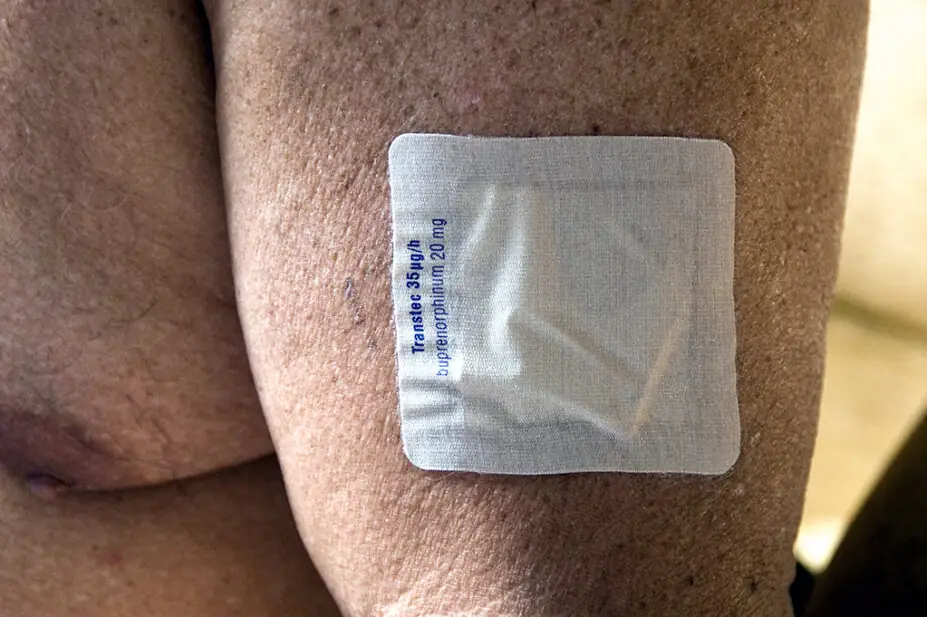
JOHN COLE / SCIENCE PHOTO LIBRARY
The Scottish government has launched a consultation on guidance aimed to reduce the use of low value medicines, as well as cutting prescribing variation across health boards.
The draft guidance — ‘Prescribing — achieving value and sustainability‘ — published on 11 July 2024, sets out a list of 17 products that are of “low clinical value”, for which it states no prescribing is appropriate, and for which no exceptions apply. These include homeopathic remedies, minocycline for acne, probiotics, and bath and shower emollients.
In the document, the Scottish government says the NHS in Scotland spent £3,847,247 on prescriptions for these products in 2022/2023.
It also lists 11 products that are of “limited clinical value”, which it says should be prescribed only in some exceptional circumstances. These include ascorbic acid, buprenorphine patches, immediate release fentanyl and lidocaine plasters.
The draft guidance is based on NHS England guidance that lists items that should not be routinely prescribed in primary care. This was most recently reviewed in 2023 to produce the latest guidance.
It also closely aligns to Welsh guidance on items identified as low value for prescribing in NHS Wales, initially published in October 2017 and last updated in 2022.
The guidance also recommends that blood glucose monitoring strips that cost more than £10 for 50 strips should not be prescribed. NHS Scotland annual spend on these for 2022/2023 was £3,429,851.
The Scottish government’s latest guidance also recommends that prescriptions are avoided for antibiotics in self-limiting or viral infections and that antibiotic courses are prescribed for the appropriate duration.
It also reinforces advice that antibiotics are taken as directed to ensure effectiveness.
Commenting on the guidance, Laura Wilson, director for Scotland at the Royal Pharmaceutical Society (RPS), said: “There are multiple processes and layers that medicines must go through before being used to treat patients to ensure both clinical value and cost effectiveness.
“This consultation will provide a good opportunity to explore these to ensure we reduce variation across Scotland as much as possible while ensuring we still offer person-centred care and ensure individual patients can access the treatment they need.
“There is also an increased focus on environmental sustainability, which allows prescribers and patients to make informed choices.”
“We look forward to engaging fully with the consultation to advance our ideas about what national policies could be implemented to support sustainable prescribing, including: prioritising the introduction of electronic prescribing across the NHS, introducing the requirements for an environmental impact in NHS medicines procurement and improving the availability of data about the environmental impact of medicine use.”
The consultation is open until 8 September 2024 and can be accessed at the Scottish government website.


